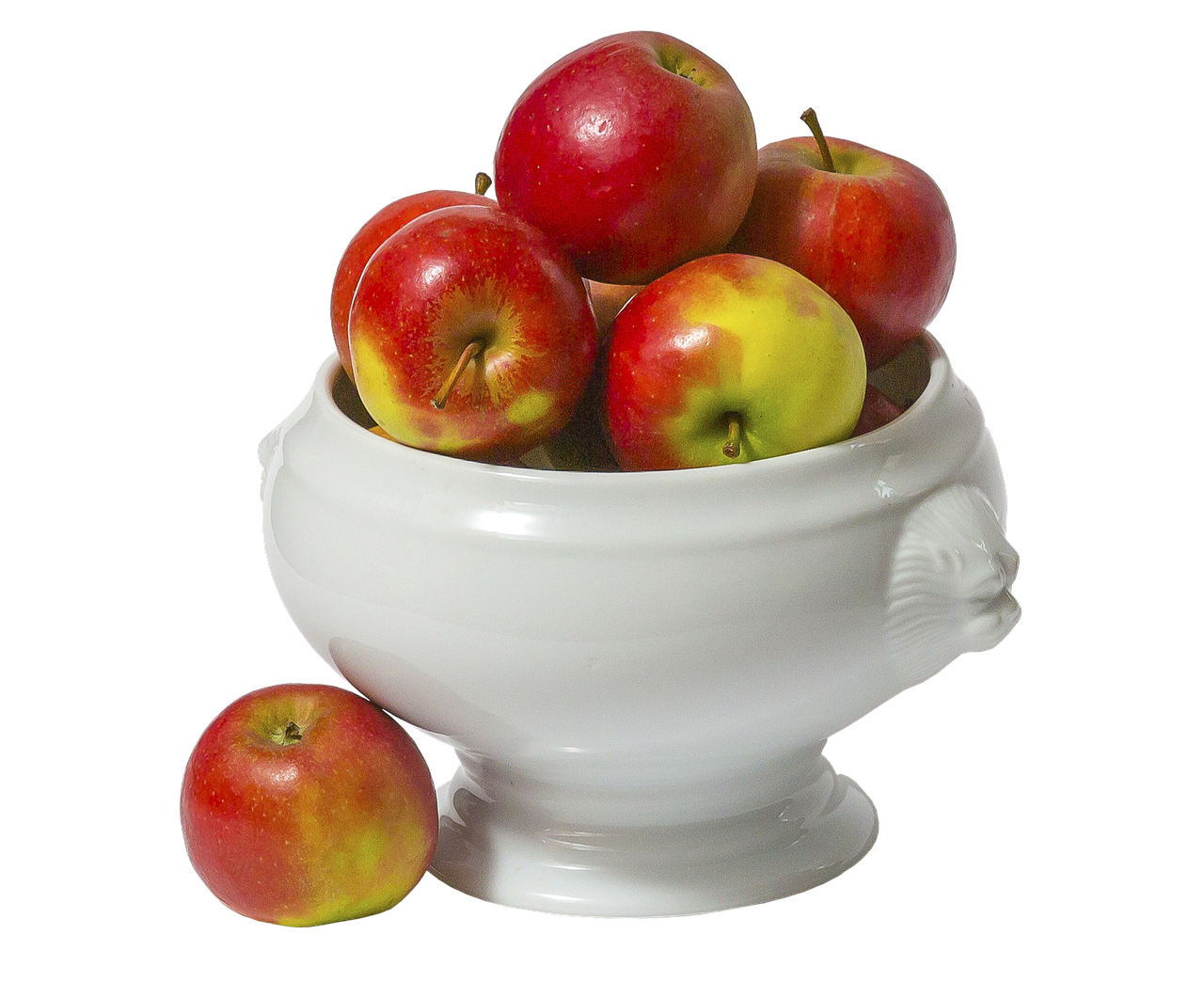
This web page will guide you through some of the activities we have planned for you today!

Adam Freedman: A bioinformatics scientist in the FAS Informatics group at Harvard University.

Danielle Khost: A bioinformatics scientist in the FAS Informatics group at Harvard University.
Gregg Thomas: A bioinformatics scientist in the FAS Informatics group at Harvard University and recent postdoc at the University of Montana where he studied the phylogenetics and comparative genomics of the mouse and rat radiation. He got his PhD at Indiana University where he worked on comparative genomics of arthropods, mutation rate evolution in primates, and convergent evolution using comparative genomics. In general, Gregg uses and develops computational methods to study molecular evolution and phylogenetics to determine what forces drive divergence and adaptation between species.

Lei Ma received her PhD from the MIT-WHOI Joint Program in Oceanography/Applied Ocean Science and Engineering. Her dissertation focused on the ecology of marine microorganisms in coral reefs and in Atlantic killifish. She is particularly interested in genotype-environment-microbiome interactions in animal hosts, such as the influence of host evolution on its microbiome. Other interests include mentoring, finding coding shortcuts, cats, video games, sci-fi, and knitting.

Tim Sackton: Director of the FAS Informatics group at Harvard University.
This workshop aims to introduce students to concepts and modern tools for project organization to facilitate high-throughput analyses and reproducibility. We will emulate a typical project workflow by reproducing a published analysis (Favate et al. 2022) using publicly available scripts and data.
Additionally, this workshop includes two optional BONUS days that will cover additional topics that are not strictly necessary for the project, but are useful for general computational work. These days will be less structured and will be more of a "drop-in" format. We will cover topics such as optimizing and customizing your data analysis tools, AI assisted coding and debugging, and more.
Here is a brief outline of the topics we'll be covering:
Click the appropriate Get Started link below to read some info before class. Additional links to resources will appear for each day of the workshop.